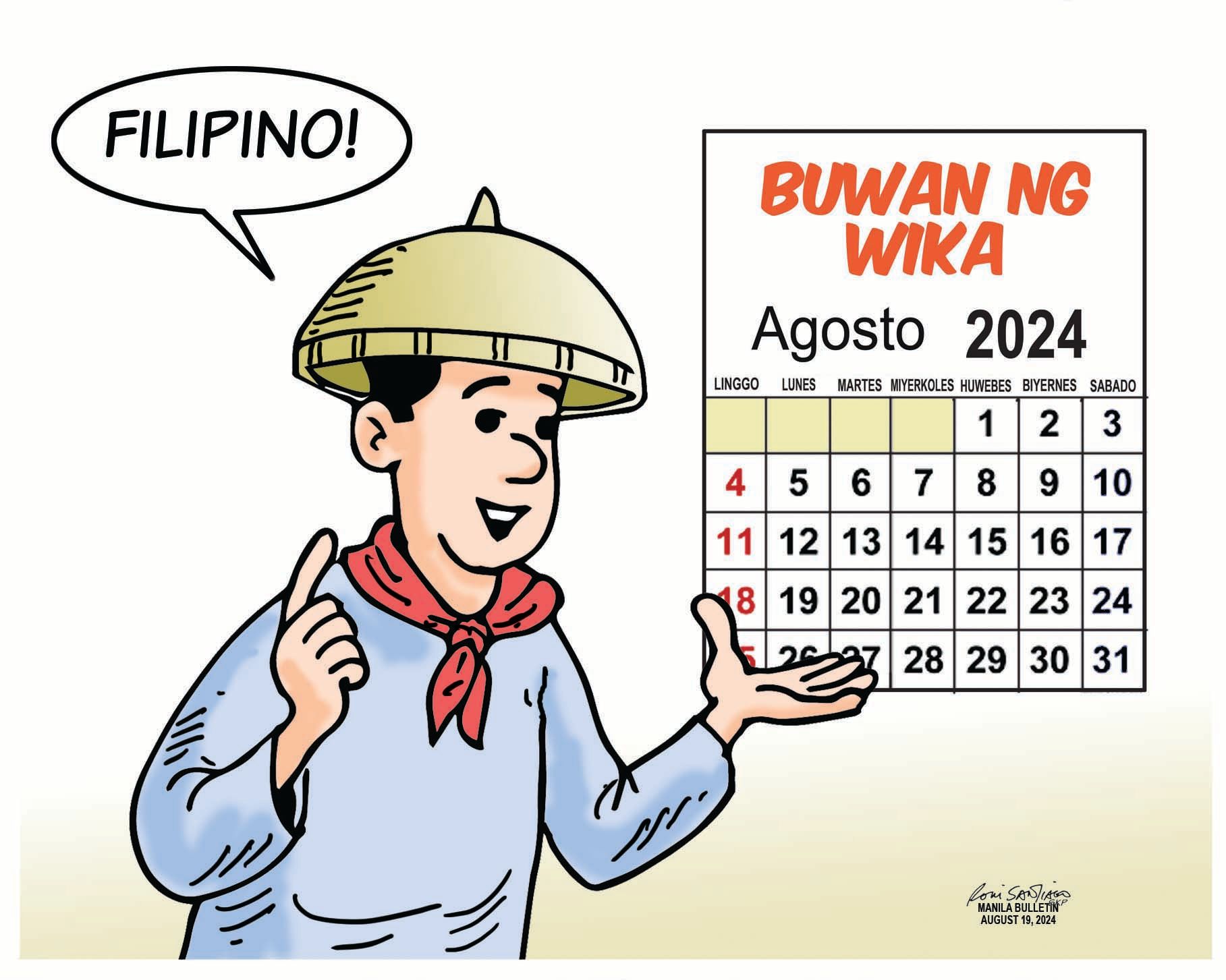
As the nation observes Buwan ng Wika, or National Language Month, it is timely to examine the significance of having a national language, particularly in a diverse, multilingual society like the Philippines, and how it can drive socio-economic progress and serve as a unifying force in nation-building.
A national language is more than a medium of communication; it is a symbol of identity, culture, and heritage. It serves as a thread that weaves together the diverse ethnicities, cultures, and traditions within a nation. For the Philippines, the Filipino language represents the collective voice of a people with a shared history and a common future. The observance of Buwan ng Wika reinforces the importance of this shared voice in fostering national pride and unity.
In terms of socio-economic goals, a national language plays a critical role in advancing education, governance, and economic participation. Education in the national language ensures that all citizens,regardless of their regional background, have access to learning and knowledge. This is particularly crucial in a country where poverty and inequality are pervasive. By promoting literacy in the national language, the Philippines can equip its population with the skills necessary to participate fully in the economy, thereby driving economic growth and reducing disparities.
Furthermore, a national language facilitates effective governance by ensuring clear communication between the government and the people. Policies and programs conveyed in a language understood by the majority are more likely to be successful, as they can be better implemented and monitored. In the business sector, a shared language can enhance collaboration and innovation, as well as facilitate trade and investment, both domestically and internationally.
However, the Philippines faces significant challenges as a multilingual nation. With over 180 languages spoken across the archipelago, linguistic diversity can sometimes be a source of division rather than unity. Regional languages, while rich in cultural significance, can create barriers to communication and understanding, particularly in areas where Filipino is not the dominant language. This linguistic diversity also presents challenges in the education system, where students may struggle to learn in a language that is not their mother tongue.
To overcome these challenges, it is essential to adopt a balanced approach that respects and promotes linguistic diversity while strengthening the role of the national language. The promotion of Filipino should not come at the expense of other regional languages. Since 2009, the implementation of a a multilingual education system that includes instruction in both the national and regional languages has endeavored to ensure that all Filipinos shall benefit from the socio-economic advantages of a national language while preserving the rich linguistic heritage of the country.
It is imperative for the government and private sector to work together in crafting policies and initiatives that promote the use of Filipino in all sectors of society, from education and media to business and government. This would help to solidify the language’s role as a unifying force and an engine of socio-economic progress.
As we celebrate Buwan ng Wika 2024, let us affirm the power of language in shaping our national identity and driving our collective progress. By embracing our national language, while also valuing our linguistic diversity, we can build a more cohesive, inclusive, and prosperous Philippines.